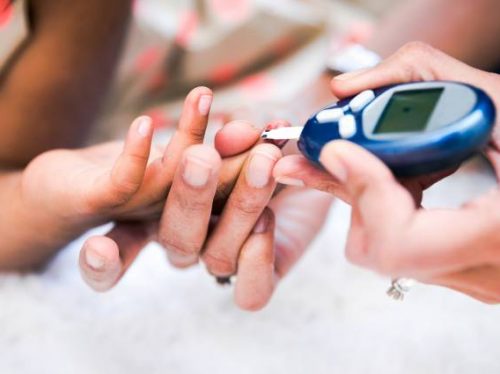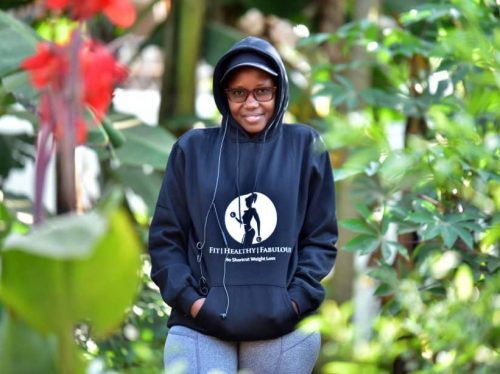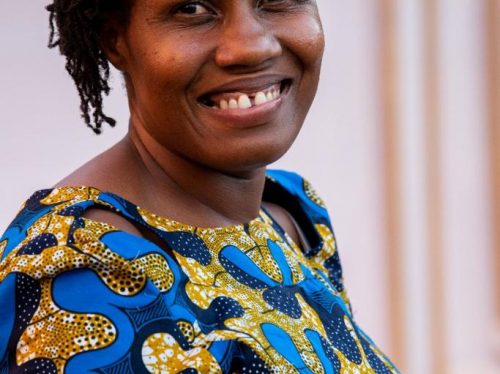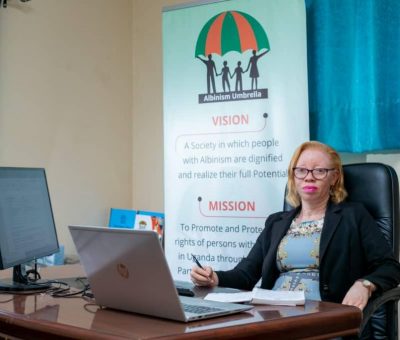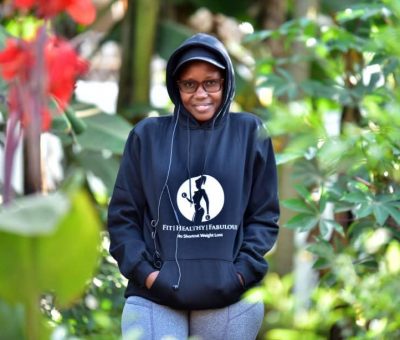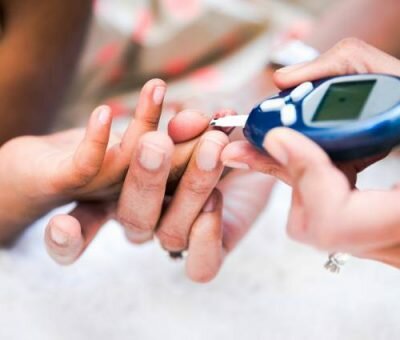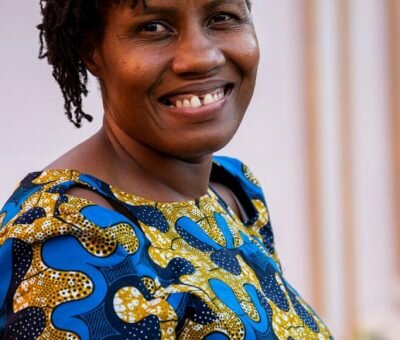Taking care of a diabetic child is all about empowering them
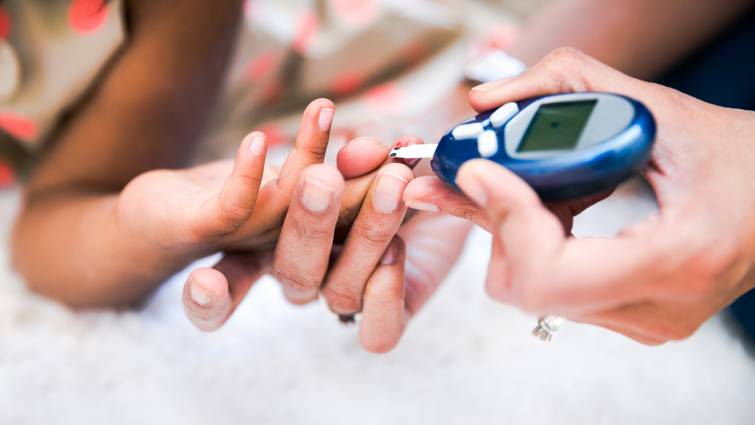
Twelve years ago, at only one-and-a-half years of age, David Rukare, son to Jackie Namara and Dr Donald Rukare was diagnosed with type 1 diabetes. It started with a call from home saying David was lying on the floor and did not want anyone to touch him.
David had previously exhibited some undeniable signs of diabetes such as excessive thirst, frequent urination, weight loss despite eating a lot, as well as lethargy.
At the hospital, a test showed the presence of ketones; substances made when the body breaks down fat for energy. A urine test then showed that his urine had sugar. However, it was the blood glucose test done by Dr Stockley of The Surgery Hospital in Naguru, Kampala and confirmed by Dr Martin Nsubuga, an endocrinologist at Nsambya Hospital in Kampala, that confirmed what Jackie and Donald had feared.
The parents also sought a third opinion from Dr Silver Bahendeka of Nsambya Hospital. Dr Bahendeka provided counselling and gave them hope that they would pull through and they were not alone. He also emphasised the need to be David’s support network on top of putting them in touch with another family with a diabetic child.
Dr Bahendeka also emphasised the need to establish a management and care regimen for David. This included journaling blood sugar levels, insulin administration, food intake, activity(ies) done, and illnesses. While diabetes is a chronic condition that needs close attention, with some practical knowledge, you can help your child to learn to live with it.
The journey
“We have taught him not to let diabetes limit him and because of this, he has learned to take care of himself. For example, before some sports activities, he tests to ensure his sugar levels are normal. He has also learned to live life normally and beat odds, rather than blaming every small issue on his condition,” Namara shares
Presently
Namara says every growth stage presents different challenges and now that David is a teenager (14 years) they look at things differently. In their case, David has to be responsible for his management.
“My role has transitioned from being the one who does almost everything for him to that of a supervisor. As such, I rarely inject him, majorly checking if his supplies; insulin and testing kits are still available. Basically, my role is to check if he has done things right. Additionally, his independence is based on how much responsibility he emulates,” she says.
David has to be proactive, not waiting to be instructed or reminded about what to do. Namara says at the moment, some days go well while there are some glitches on other days.
“It is a process seeing that he has just turned 14. We hope that by the time he is 16, he will be more in control and will be the one reminding us to replenish his supplies and the days for the routine doctor visits and tests. This will in turn start the journey for a coordinated transition into adult care at 18 years. For instance, today, when we go for the doctor’s visit, I only drive him there, but may not enter the consultation room with him. He has his doctor-patient conversation alone and I am only called in when the doctor wants me to know something,” she says.
As David transitions to self-care, we use strategies like open-ended decision making, problem-solving, negotiated target setting and the use of modern technology where possible.
Puberty
Namara says as parents, they look out for hormones known to increase insulin resistance. “Some of the symptoms are high sugar levels even when we have not changed anything in the diet, insulin and exercise. The most common one is skin discoloration behind the neck, at the elbows, and the knees. We also have to do regular screening for diabetes complications, in particular for his kidneys, liver and eyes based on what the doctor recommends,” she shares. If there are any other changes, they could be being moody but at the moment, it is looking out for what is out of the ordinary.
Namara adds that they also have to spend more time providing psycho-social support because as a teen, he has become body-conscious, it is a time to explore relationships, and the issue of self-esteem. In his case, how comfortable is he with checking his sugar levels, administering insulin in the presence of others and still say, “Yes, that is me and this is what I have to go through.” It is sometimes dealing with the stigma.
“Therefore, having those conversations where we talk about all things about how to deal with peer pressure, sexual health, and drugs are important. We also remind him that while other teenagers go through issues, the consequences for him might be elevated. For example, the effect of a glass of beer may be disastrous to him but not to another. Summarily, he has to understand that risky/hazardous behaviour and that today’s actions may mean diabetes complications in the future for him. I also tell him, maybe as a way of ensuring he does not feel out of place, that other teens also take caution although they would want to have all the fun there is,” she says.
All in all, Namara says it is journey that has had several lessons and they are thankful for how far they have come.
thepearluganda























